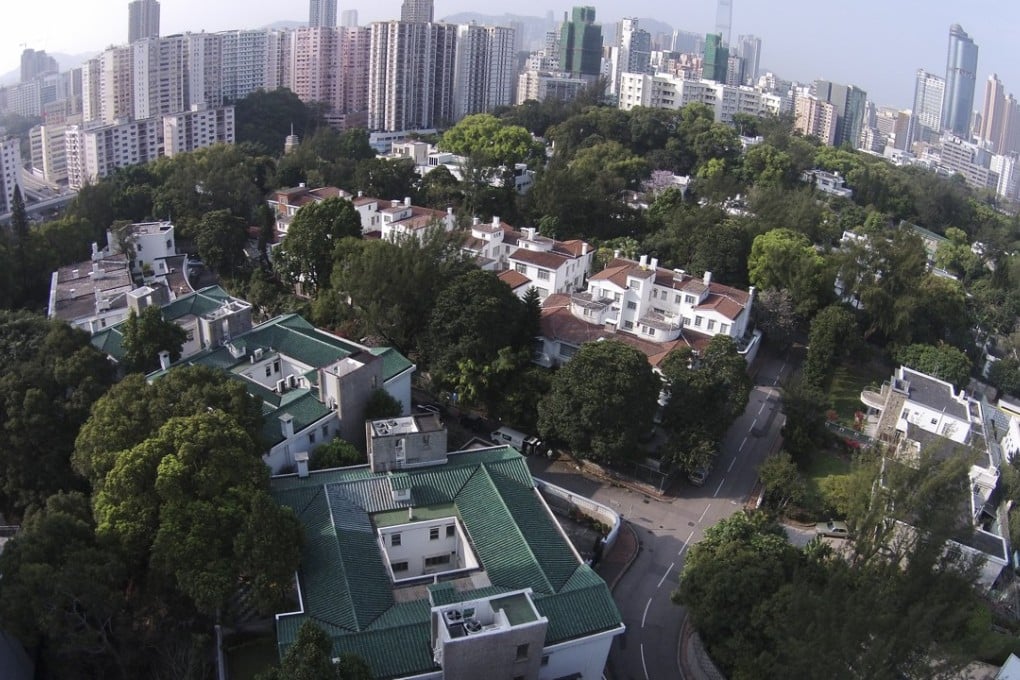How Hong Kong heritage homes were adapted for elderly tenants’ comfort while preserving their art deco features
They’re among the most desirable houses for rent in the city – Bauhaus-style 1930s gems as big as 6,000 sq ft. When tenants began moving to more elderly-friendly homes, landlord Kadoorie Estate realised they needed updating

William Morris once said: “Have nothing in your house that you do not know to be useful or believe to be beautiful.” The observation, by the late British pioneer of the arts and crafts movement, is as important for the elderly as any other generation.
This was the thinking of the managers of the privately owned Kadoorie Estate, an enclave of 86 Bauhaus-style, 1930s luxury houses on a small hill in Kowloon, when they discovered that several of their long-term, senior tenants were relocating to more elderly-friendly homes.
The young Hongkongers leading neighbourhood heritage walks
“It was a surprise because the houses are not often vacant,” says Nick Colfer, chairman of Kadoorie Estates, who also lives in one of the houses. “Some of our tenants have lived here for decades, but more recently, some of our older tenants couldn’t cope with the stairs and so were literally forced to move elsewhere, leaving their family and community.”
The rising average age of the population is a social challenge facing an increasing number of countries as life expectancy rises, but in Hong Kong, where many families still live with three generations under one roof, this often takes on another dimension.
Sir Michael [Kadoorie] … always says, ‘You have to imagine if you were living there yourself’, so every detail is important
Colfer says the Kadoorie team realised they had an opportunity to renovate the buildings without compromising on style, introducing practical interventions of all kinds that would enable elderly residents to stay in their homes.
“Ageing in place” and universal design are not new concepts, but this project, which began last year, is notable for its marked effort to avoid an institutional look. Its practical, age-friendly measures are part of an overall modernisation programme that also includes new double-glazed windows, electrical upgrades, updated open-plan layouts, better lighting, and landscaping.